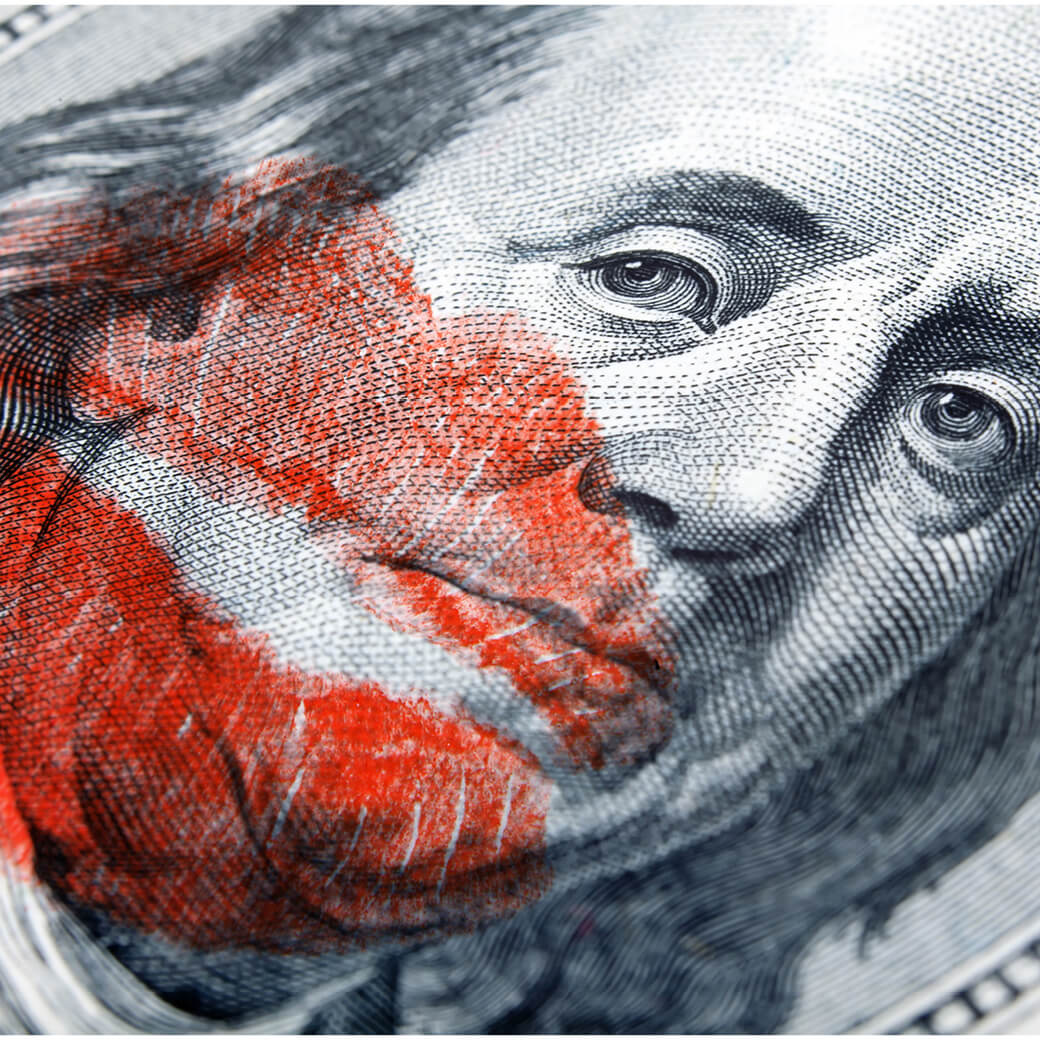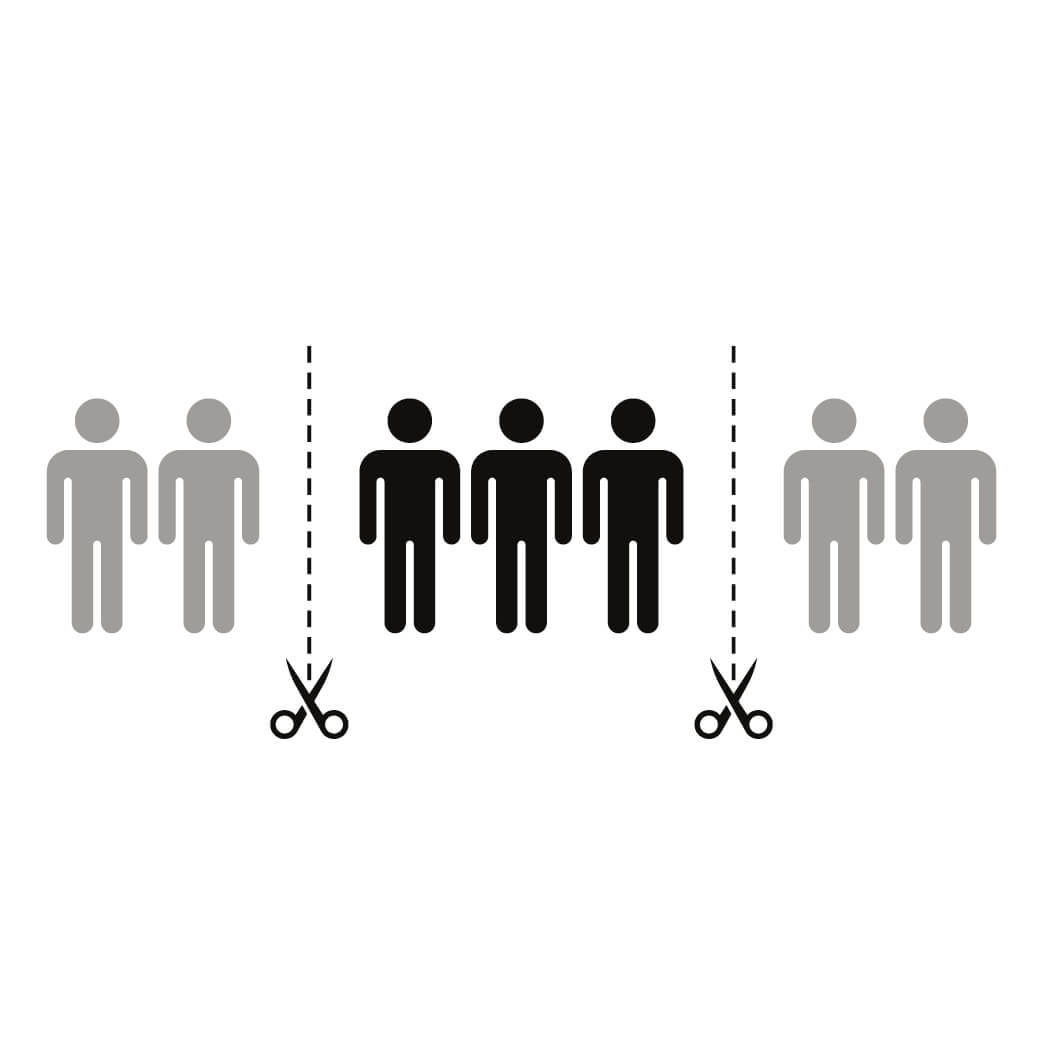
I recently finished reading The White Ship by Charles Spencer. It is the story of the consequences of the sinking of said ship, which was carrying the son and heir of Henry I of England and much of the highest-born gentry of the land, and of the anarchy that England devolved into after the King died without any other male heir.
What struck me about the story was the shifting of allegiances throughout what became one of the most tumultuous and blood-soaked decades of English history. Of particular note to me was that the number of people who kept their solemn oaths and remained welded to their ideals were few; the number of people whose loyalties (?!) flowed toward whoever’s fortunes seemed dominant at any time were many.
As I have mentioned elsewhere in my writings, when you read a lot of history it becomes quickly apparent that humans have not changed much over the eons. Today, in our own political system, few are the people who stand tall for their beliefs, and many are those who subsume any belief other than retaining some sort of power, by aligning themselves with whomsoever seems to be winning. Which makes one wonder: what are they willing to do or say to get your allegiance – or money?
And that leads me to a phrase that I have been thinking of much of late: Cui Bono.
Cui Bono is a Latin term and translates to, “to whom is it a benefit?” If you’ve ever watched a crime show where a wife dies in a bizarre gardening accident and it turns out that her husband doubled her life insurance a fortnight prior, you will see that it earns him arched eyebrows and a second interview. That is cui bono in action.
But it is something that we now need to imperatively employ in our everyday lives.
We don’t have to go back even 20 years to reach a time when publishing scurrilous screed had hurdles that made it difficult to reach large audiences. Facts would be checked, proof would be asked for, sources would be queried and compared against another.
With the advent of self-publishing, social media and the low cost of launching web-based “news” sites, all those hurdles have been leveled. Anyone can now publish anything. Without too much effort, audiences of thousands or even millions can be reached with zero safety-mechanisms for fact-checking.
Cui Bono.
Who benefits when you are told that contrails from jet aircraft are actually the government putting a gas into the air that pacifies the people? Who benefits when you are told that the “other party” is secretly planning to turn control of the USA over to the United Nations? Who benefits when you are told that a “race of blue-eyed Jews in Africa” secretly controls the world? Who benefits when you are let in on the “secret” that someone is an undercover Muslim, or has molested a child, or that a mass shooting was staged with actors? (I’ve been presented with each of these.)
Who benefits? Not you, your loved ones or your country.
Just like profiteers that sell fake cures in a pandemic, there are those who make profit by sowing mass-confusion and instability. If you can turn one group against another, it becomes that much easier to dupe them; all you have to say is that your opponent’s “truth” is actually a lie meant to subdue you. – Which is easy to believe once you see them as an enemy.
These strategies are not just used on wild conspiracy theories, they infect (perhaps less willfully) issues like trans rights, abortion, and homelessness from people on all sides of the issue.
Cui Bono? To whom does the benefit flow?
We have politicians seeking money and power. We have drug companies seeking sales. Psychologists who may have an eye on what TV shows they get invited to speak on. We have hospitals that may be looking to become national centers for a particular issue. “Scientists” who see leverage and income in being the lone dissent. Gun companies sowing fear and reaping sales. Profit and power being prioritized above all else. And when peer review is replaced by TikTok, ruled by people whose only qualification may be how many followers they have, the guardrails come off and many insidious possibilities for plain ignorance and/or willful ignorance are given free rein. To whom does the benefit flow and what benefit are they seeking exactly: truth, justice, or something tainted, a little or a lot, by personal gain?
Similar struggles are playing out with climate change, racial and gender equity, social determinants of health and so many critically important issues where nuanced and pivotal factors cannot be duly weighed when we whittle our discussions down to 140 characters and where “likes” and money displace unvarnished truth as the goal. Even “The war on Christmas” is reliably dragged out every year to stir up passions that are largely an invention, designed to inflame, influence and manipulate. When you hear those words or others similarly provoking, know that you may be being primed for the immediate sale of some ideology.
What are you willing to believe without question because you like the way it feels?
I was giving a talk in Orange County, California recently at a conference put on by AAA and the CA Office of Traffic Safety. I showed a slide with a picture taken from protests in Ferguson, Missouri during the unrest after Michael Brown was killed during an altercation with law enforcement. The picture was of a line of law enforcement officers in riot gear standing almost nose to nose with a line of Black civilians. I mentioned that at a previous showing at a conference in LA, I asked the audience what words came to mind when they looked at the photo.
I heard, “hate” “anger” “riot” “opposition” and many other words along those lines. I told the audience that I believed, as I still do, that if I pulled four law enforcement officers from one line and four Black civilians from the other and one by one asked them the same questions, such as, “Do you believe in the equal application of justice?” “Do you believe in upholding the constitution?” “Do you believe in the right to protest?” “Do you believe that law enforcement is an important part of a safe community?” – I would get close to the same answers from everyone. There may be some difference in how they would see those things best deployed, but, by and large, they would want the same things.
Social media does not present it that way. For social media companies to maximize their profits, it behooves them that we see great differences between our “tribes.” For us to see enemies around us. Because then we may feel the need to form ad-hoc confederacies through social media to rail against those who “oppose” us. That it is up to “us” to save our country and/or our children from “them.”
Essentially, social media and those that use it to their political or financial benefit promotes the idea that groups such as Republicans and Democrats are in complete opposition, like 12:00 and 6:00. But the truth is that most people are at 6:00 and 5:00 or 6:00 and 4:00, maybe occasionally at 6:00 and 3:00. And when you do manage to see people that way, you see that most gaps are different flavours of the same desires not abject, existential opposition. One view encourages fruitful conversation, the other encourages fervent, even violent conflict.
Couple this with the need by many to “save” people or to be seen as especially intelligent or a hero and the thought of having secret information that others do not have can be intoxicating. – We can easily become willful underminers of the truth.
With the planned and purposeful turbo-charging of social media companies in search of profits via engagement with their platforms, these distortions are causing havoc to our children and the fabric of our communities. Suicide and self-medication are increasing in worrying proportions. A recent report showed that life expectancy for US males is dropping (due to suicide and drug overdose). 1 in 3 girls and 1 in 6 boys of high school age have seriously contemplated suicide.
(As a personal aside, I strongly believe that Mark Zuckerberg and others like him should be jailed for crimes against humanity).
There is a saying that is given to doctors early in residency: “If you hear hooves, think horses not zebras.” This is said because inexperienced doctors too easily are drawn to making an obscure diagnosis instead of the common one that is much more likely to be accurate. “No, he does not have Ebola, he has the flu…” Similarly, if you hear a “truth” that is not being reported elsewhere or that no-one but you and a few people on Facebook or TikTok know, the likelihood is that it is not true at all.
Cui bono. Who benefits from you believing it? Of course, being prepared to honestly ask that question means being prepared to be wrong. – And therein, being prepared for others to be right. That can be a high hurdle for many to climb over.
But as I tell people in my talks – particularly young audiences: the moment you admit you are wrong, you get to be right. – Why would you want to delay that moment?
Because then, cui bono is you.

When humans face true cataclysm, we pull together. When it’s about money and power, not so much.

When people see public health messages directed at them, they are very aware that others can see them also and it can trigger concern of how other people in the community now think about them.
People seek to have power over their own lives. Teens, adults, older adults – everyone. What happens when they feel powerless? What happens when you or your communications make them feel they have less power?
The way we talk to others demand that they accept an identity for themselves, and sets up a particular relational dynamic. If we're not careful, that identity can be stigmatizing or turn away the very people we're trying to help.
Get the latest posts and updates delivered to your inbox.